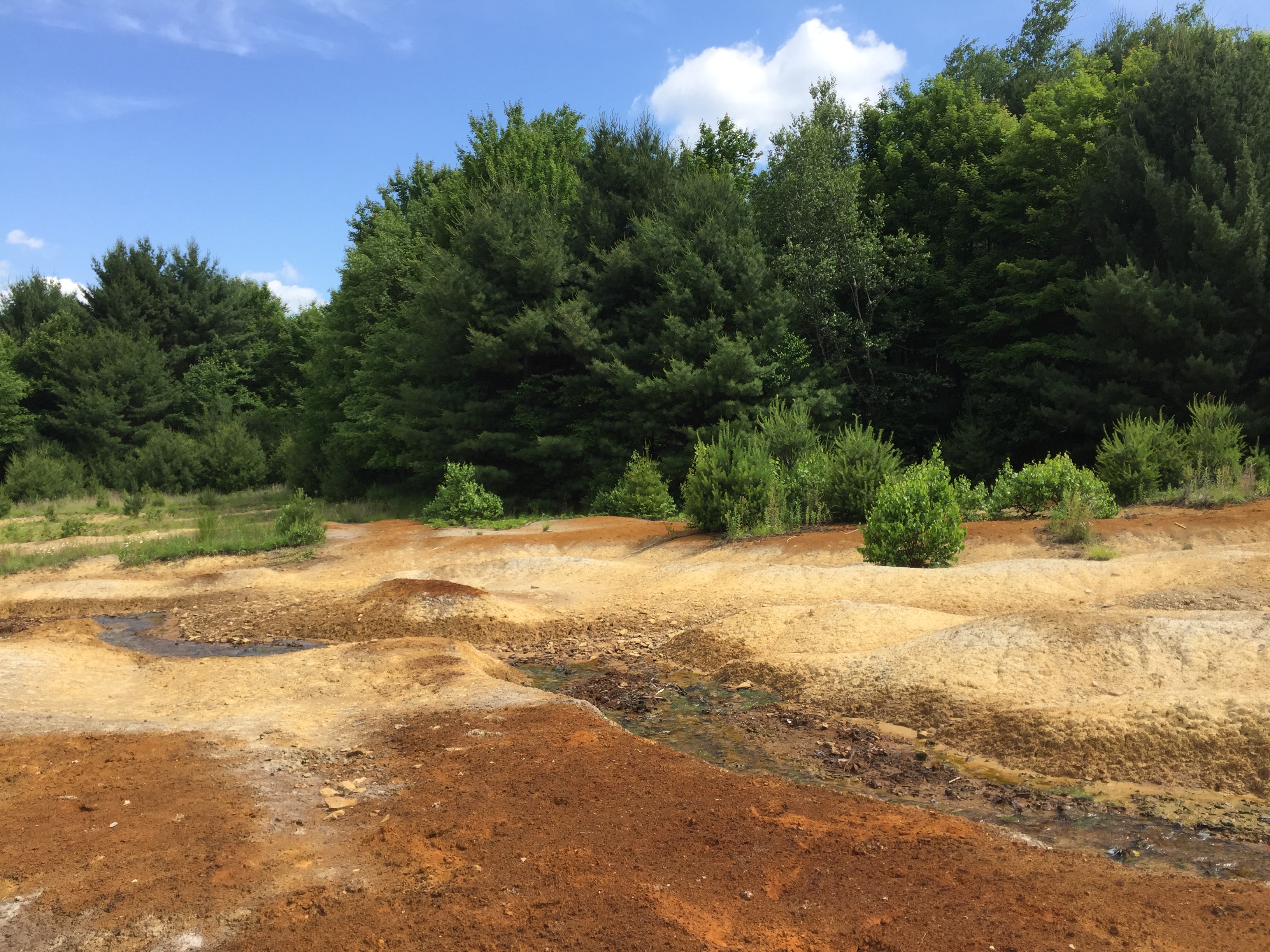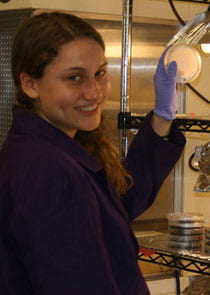Hello, my name is Nina Camillone, and I am a PhD student in Soil Science and International Agriculture and Development (INTAD) in the lab of Mary Ann Bruns. My goal is to further a biological understanding of soil health in agricultural systems not only within academia but also among farmers, especially in developing countries and marginalized communities around the world.
Background: I have a Bachelors of Science degree in biology with a minor in chemistry and a certificate in Human Needs and Global Resources (HNGR) from Wheaton College (IL). My undergraduate honors thesis was about how planting density of corn affects plant growth and yield, research I conducted during an internship in community development with the Fundación San Lucas Nicaragua in Central America. Prior to that, I also interned in the maize disease resistance lab of Dr. Rebecca Nelson at Cornell University. Before coming to Penn State, I worked at the Rural Institution for Community Development (RICOD) in Nepal through a partnership with the Mennonite Central Committee. There, I researched farmers’ decision-making processes around organic farming and the use of chemical pesticides and fertilizers.
Current work: I am interested in how carbon- and nitrogen-containing amendments impact soil microbial activity and nutrient retention. I am investigating the use of fatty acid analysis and substrate-induced respiration as indicators of microbial activity in field and microcosm studies. This topic is important because the natural organic matter reserves of many soils around the world are becoming depleted through intensive agricultural practices, while much of the nitrogen applied in anthropogenic fertilizers is lost as water contamination and greenhouse gases. Biological soil health indicators can support and inform soil management practices aiming to retain nutrients and build organic matter, ultimately improving agricultural sustainability and protecting the future of human livelihoods and the natural resources they depend on.




